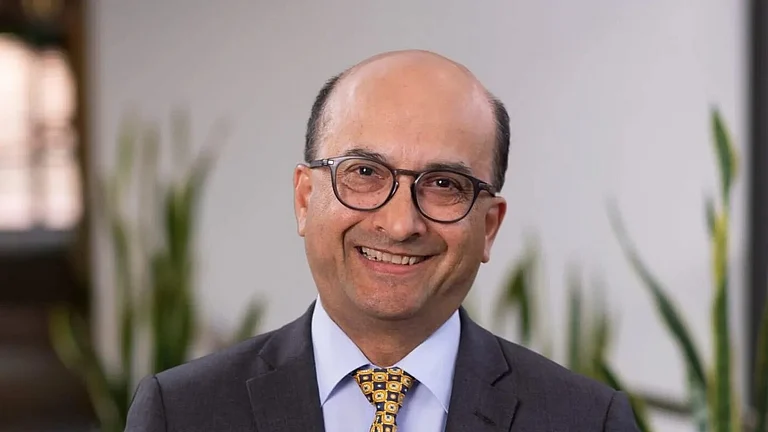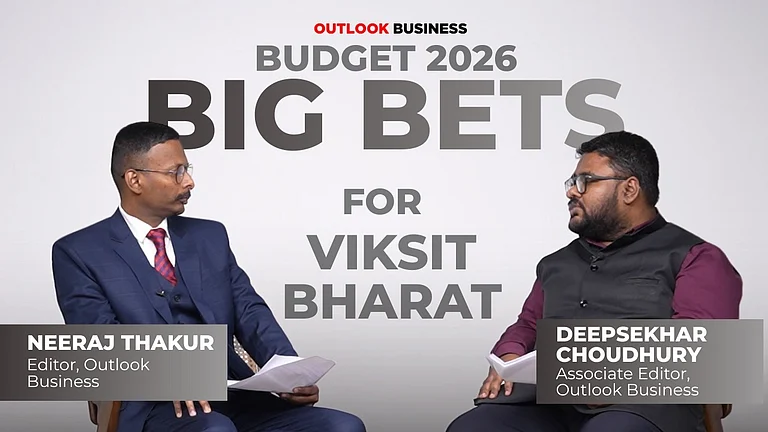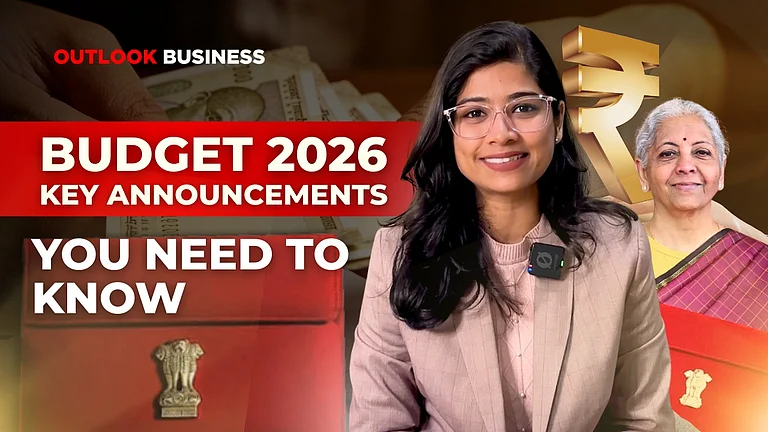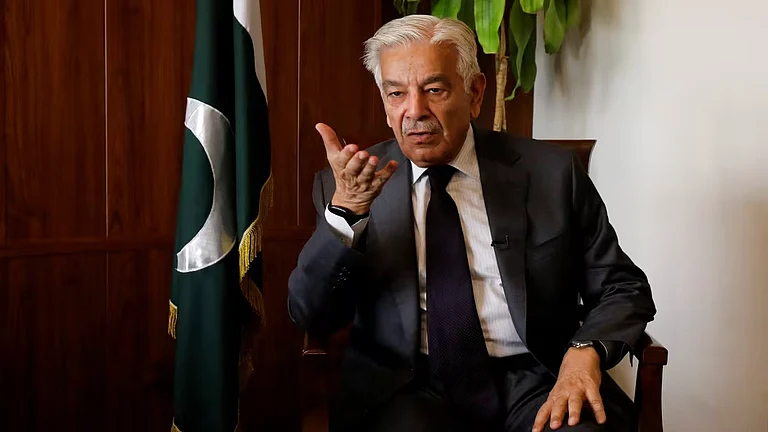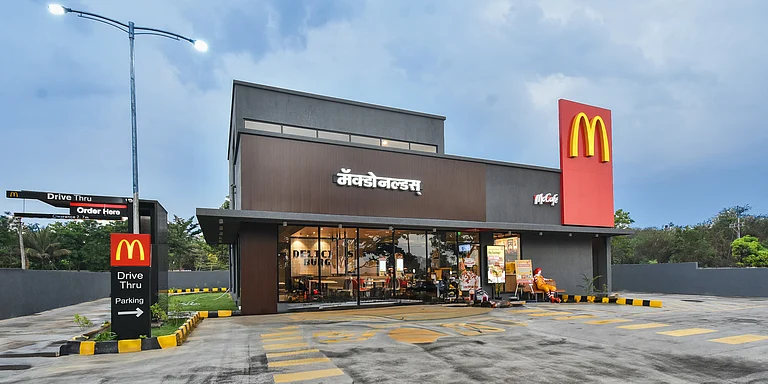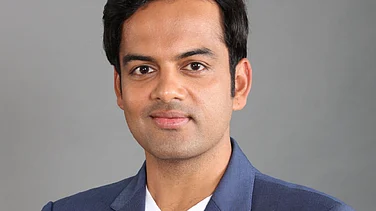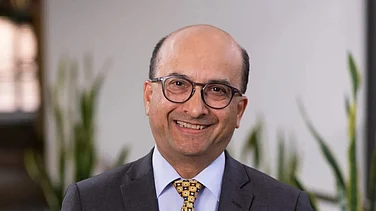Lenexis Foodworks, the company behind the popular restaurant chain Chinese Wok and cloud brands Big Bowl and The Momo Co, plans to invest around ₹60 crore annually to open approximately 100 new outlets, according to its Founder and Director, Aayush Madhusudan Agrawal.
In an exclusive interview with Outlook Business, Agrawal discussed his plans to further expand his Desi Chinese quick-service restaurant, which will celebrate its 10th anniversary in 2025. The company currently operates over 230 outlets across more than 35 cities, including Mumbai, Delhi, and Bengaluru. It is known for offerings such as the ₹99 Superrr Bowl, Wok Wednesday buy-one-get-one offer, and Super Sunday ₹149 meal.
"As far as footprint and revenue go, we’ve grown quite significantly—closer to triple digits—around 100% growth at the system level. Even this year, we’re adding about 130 restaurants," Agrawal said, adding that the company’s cloud kitchen brands, available on aggregator platforms like Zomato and Swiggy, have crossed ₹100 crore in revenue.
According to data from Tracxn, Lenexis Foodworks reported revenue of ₹179.8 crore in FY24, with an EBITDA loss of ₹52.6 crore and a net loss of ₹65.1 crore. The company has previously stated plans to expand to 500 stores by 2027, with an immediate target of crossing ₹1,000 crore in ARR by FY26.
Currently, the Chinese Wok brand remains the “dominant” part of the company's revenue, contributing 80%, while the cloud kitchen segment contributes around 20%, Agrawal said.
As for returns from new outlets, Agrawal said it depends on the format and location.
"In our existing markets, the breakeven and payback period is relatively quicker. In malls, it’s quicker. But in new markets, we have to give time for both the restaurant and the market to mature, so it can take longer. For breakeven, we look at anywhere from zero months to one and a half years," he said.
Lenexis competes in a space dominated by listed players such as Jubilant FoodWorks, Devyani International, and Westlife Foodworld, which operate global fast food brands through franchise models. The Indian QSR market has also seen a rise in homegrown brands across major metropolitan cities.
According to a report by Ambit Capital, India’s food services market was worth ₹4.25 trillion in FY20, accounting for about 2.1% of the country’s GDP. Within this, the chain quick-service restaurant (QSR) segment was valued at just ₹18,800 crore—only 4.4% of the total. This segment grew at 20% annually from FY10 to FY20 and is expected to grow even faster at 23% per year from FY20 to FY25.
For Lenexis, Agrawal says the inflection point was 2021.
"In 2019, just before COVID, we underwent a rebranding exercise. While the name 'Wok Express' had strong recall in Mumbai, we realised it wasn’t always clear that it was a dine-in restaurant. So, we rebranded. By 2020, five years into operations, we had 30 restaurants. Today, that number has grown to 230—a major expansion over the last few years," he said.
He added that during the COVID-19 pandemic, the company launched two delivery-only brands: Big Bowl and The Momo Co. More recently, it has expanded into East India.
"It’s been an interesting journey," Agrawal reflected. "We went through a phase where we used to deliver the products ourselves. With the rise of platforms like Swiggy and Zomato, we were able to leverage their reach. The years 2020 and 2021 were real inflection points, marking the start of accelerated growth that continues to this day."










